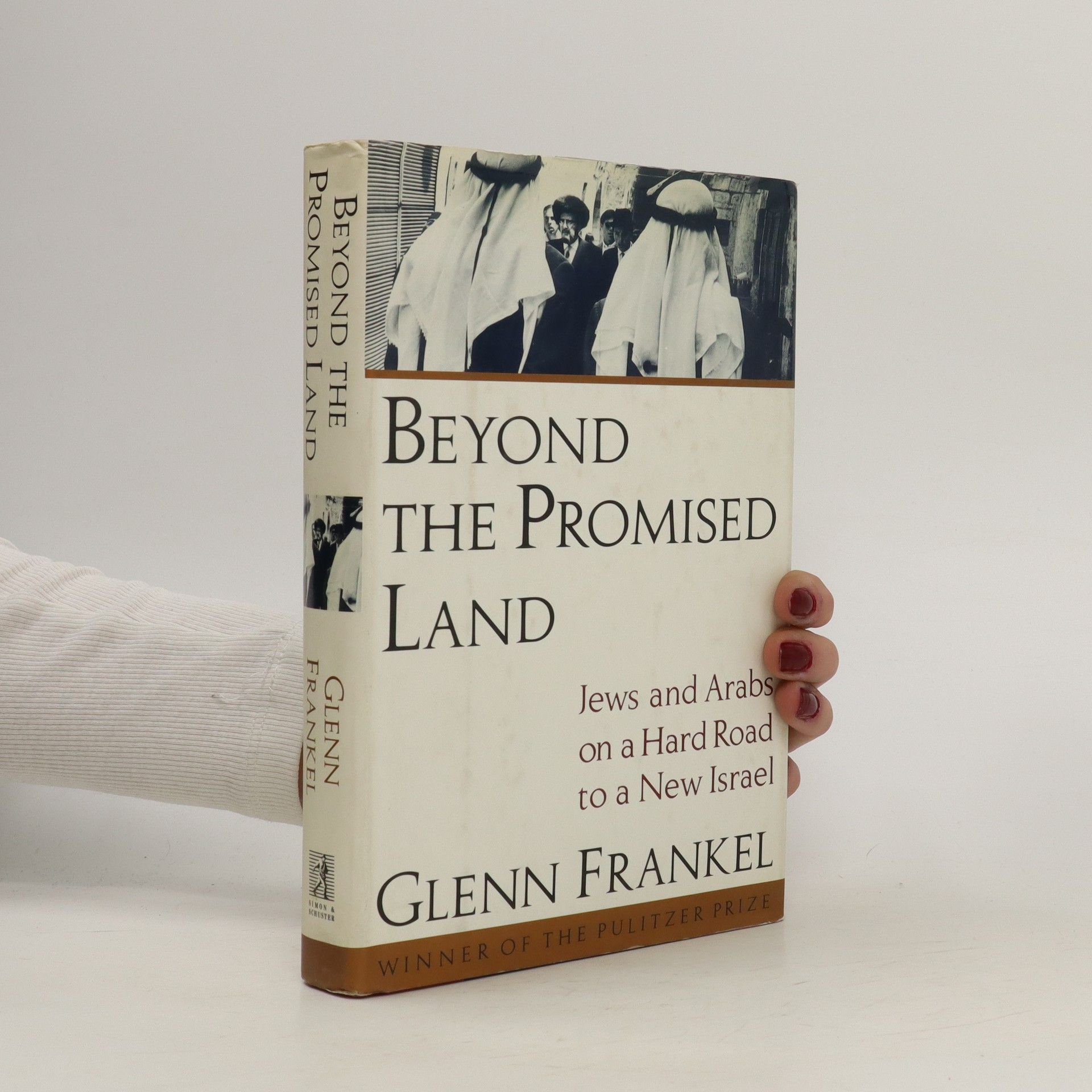Shooting Midnight Cowboy
- 448pages
- 16 heures de lecture
"The Pulitzer Prize-winning journalist and New York Times-bestselling author of the behind-the-scenes explorations of the classic American Westerns High Noon and The Searchers now reveals the history of the controversial 1969 Oscar-winning film that signaled a dramatic shift in American popular culture."--Publisher's description.

